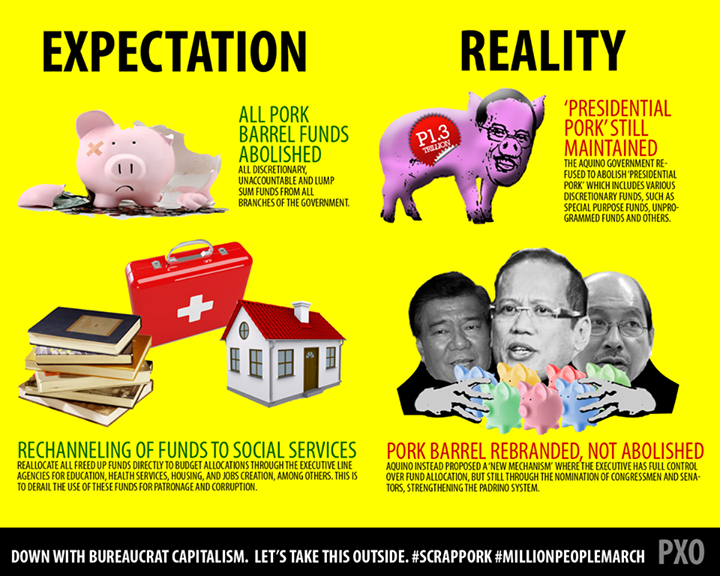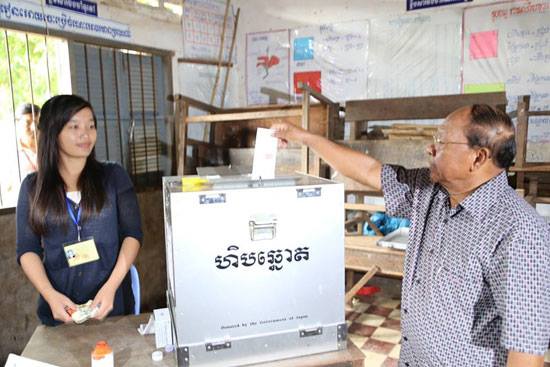Choosing ‘Exile’ Over Break-up, US Citizens Follow ‘Banned’ Spouses Abroad
This post is part of our series on Latin America: Migrant Journeys in collaboration with The North American Congress on Latin America (NACLA). Stay tuned for more articles and podcasts.
Happily ever after isn't always so simple for foreigners in the United States with complicated immigration histories who marry US citizens.
Details such as how they arrived in the US or how long they've been there can mean the difference between starting a life with their new family and immigration laws not allowing them to stay.
Take Leo and Corin, for example. Leo is from Brazil and Corin is a US citizen. They met, fell in love and got married in the United States, but Leo had entered the country “‘without inspection’ – in other words, through Mexico – less than 10 years ago and accrued almost 6 years of ‘unlawful presence,’” as Corin writes in her blog Corin in Exile.
Corin further explains that “the Immigration and Nationality Act says that any immigrant ‘unlawfully present’ in the United States for more than a year is inadmissible for 10 years — even married to an American.”
Corin and Leo had three choices. First, they could apply for “the Hardship Waiver”, where “the American spouse has to prove that their partner’s absence causes them ‘extreme hardship’” –something that they couldn’t prove. Second, they could stay in the United States and wait for immigration reform. Or third, they could leave the country and start their life abroad.
With the waiver option out of the table, the couple decided to leave the country and return to Brazil because, as Corin writes, neither “could stand the stress of living in the US without Leo having documents.”
Corin and Leo are just one of many families in this situation.
Like them, many who are currently living outside of the United States due to current immigration laws have started blogging about their cases and their life “in exile.”
Perhaps the blog that has gotten the most media coverage, helping to draw attention to these cases, is The Real Housewife of Ciudad Juarez.
Emily Bonderer Cruz started her blog back in 2010, when she moved to Mexico because her husband “is ineligible to apply for legal status in the United States until 2020,” as she explains in her profile.
Emily goes into detail about their story in a recent post titled “Mi Casa” (My home):
In 2007 my husband was given a voluntary departure by ICE [US Immigration and Customs Enforcement]. Given. Now that's a funny concept, isn't it? As if it were a gift or something.
Emily says that she went into a state of depression while she didn’t know where her husband was, or if he was even alive, as he was “stuck somewhere in the system and without any documentation, without a Social [Security number], he was just a ghost, just another immigrant lost in the in-between.” She continues:
When he finally called me from a pay phone in Nogales [Mexico], it was as if a huge weight has been lifted from my shoulders. He was alive. He was back on the map. He was going to be okay. I scrounged up just enough money for a bus ticket back to Parral, and for a brief moment, all was right in the world. I knew he was safe. It was in that moment that I also knew I had done the right thing and that this man was the love of my life. This is when my life was forever changed, because I knew that sooner or later, a change was gonna come.
I would be moving to Mexico.
Emily’s blog roll features several blogs by families who have moved out of the US due to immigration laws. One of these blogs is Destination Paradise, where Amy writes about her life with her husband Carlos and their two children in South Korea.
In a post titled “Why?” Amy explains that Carlos was forced by a parent to move to the US from Mexico as a teenager. Carlos attended high school and went to college in the US, and after four and a half years of dating he married Amy, a US citizen.
Amy explains that Carlos was “tired of living in the shadows in the US” and they decided to move to northern Mexico.
In October 2008, they received notice from the US Consulate in Ciudad Juarez explaining that Carlos was not eligible for a visa to live in the US as Amy’s spouse.
What’s worse, Carlos wasn’t eligible for the hardship waiver either, because after arriving to the US for the first time, he had been taken back to Mexico and then forced by a parent to re-enter the US “using a relative's US birth certificate instead of the visitor's visa he already possessed” Amy explains. “Under immigration law — INA 212 A 6 C ii to be specific — a false claim of US citizenship carries a lifetime ban with no waiver.”
With the help of their lawyer, Amy and Carlos tried to find a solution for three and a half years, all the while living apart. Finally, in 2011 Amy and Carlos moved out of their respective countries and headed to South Korea.
Amy says that with recent proposed reforms, “it seems that they will now start looking deeper at the specifics in cases where the immigrant was a minor at the time, and it looks promising for our family.”
In February of this year, Amy also wrote a moving post about their status and how it relates to the current Comprehensive Immigration Reform. In the post, titled “Let no man divide what God has put together”, Amy links to a petition on Change.org which asks President Barack Obama to “bring home American families in exile”:
American citizen spouses of immigrants with immigration bars have three choices: break up their families, move abroad with no safety net and attempt to ‘get in line,’ or live unlawfully with their spouses in the US. We should not be forced to make these choices.
The petition was started by Action for Family Unity (Act4Fams), a volunteer-run group that tries to raise awareness about this issue. The group’s Facebook page, which has more stories like these, posts updates on current changes to immigration law that could affect families like Corin’s, Amy’s and Emily’s.
In the blogosphere, there are also stories of families who have been able to return to the United States after years of struggling with harsh immigration laws. For Giselle Stern Hernández and her Mexican husband, “justice was restored” -as she writes- in June 2013, after 12 years since her husband’s second deportation.
Giselle, a Mexican-American writer and performer, keeps the blog The Deportee’s Wife “to explore themes in the life of a deported man’s wife through a multimedia and intersectional lens.” Giselle also performs a one-woman show with the same title in the United States and Mexico. You can see the trailer for her show here:
But if immigration reform is passed, many families might not have to wait as long as Giselle and her husband to solve their immigration status and live together in the United States.
Earlier this year, The Center for Public Integrity reported that the Senate immigration bill,
calls for giving immigration judges and other officials more discretion to consider the pain and suffering that a loved one’s separation causes U.S. citizens and legal immigrants [...] The proposal says judges who review cases can decline to order an immigrant, with some criminal exceptions, to be ‘removed, deported or excluded’ if it would be ‘against the public interest or would result in hardship to the alien’s United States citizen or permanent resident’ spouse or children.
Families affected by current immigration laws have created a supportive online community through blogs and social networks, where they also raise awareness about their situation and pressure US legislators to include their families in the much anticipated immigration reform.
via Global Voices » Feature http://globalvoicesonline.org/2013/08/28/choosing-exile-over-break-up-us-citizens-follow-banned-spouses-abroad/
Labels: Global Voices » Feature, IFTTT






